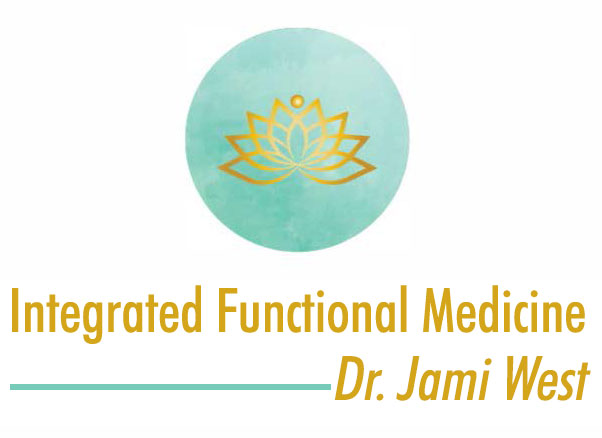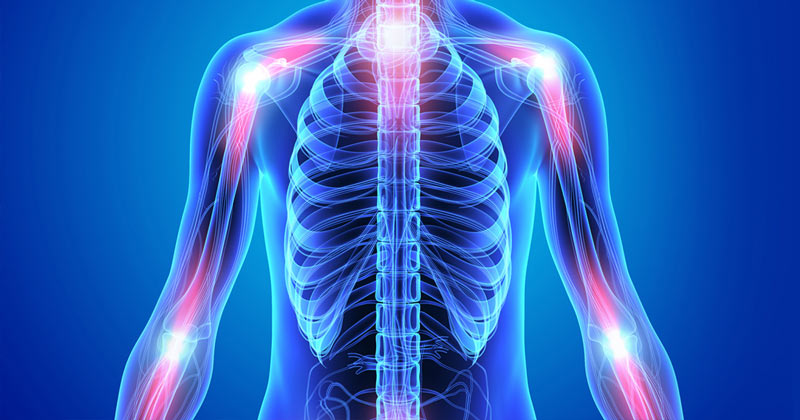Inflammation
Fighting Inflammation With Diet
Inflammation is a hidden killer. When we get inflammation on the outside, it is easy to see how it harms us. Think of an infected cut. There is a flush of blood and fluids to the area that makes it swell up. The excess of blood heats up the area, making it glow and feel warm to the touch. And a large number of white blood cells and bacterial cells are killed in the middle of the battle for our bodies results in the production of pus. This same process happens inside our bodies regularly, especially when we are ill, or eat something wrong.
When inflammation doesn’t reduce, we have a problem; this is considered chronic inflammation. Inflammation is meant to be a single, stressful spike, to help the body defeat an enemy and recover. When this stress is dragged out, our entire body suffers. That inflammation travels around the body to every blood vessel and cell starting the inflammatory fires that fuel chronic diseases like heart disease, diabetes, and even cancer.
Symptoms of inflammation
- High Cholesterol
- Heart Disease
- Acid reflux or GERD
- Cancer (all types)
- Psoriasis
- Acne
- Eczema
- Osteoarthritis
- Auto-immune conditions like Hashimoto Thyroid, Celiac, RA, Lupus
- Bronchitis
- Chronic pain
- Type 2 Diabetes
- High blood pressure
- Osteoporosis
- Heart disease
- Obesity
- Headaches
- Irritable Bowel
- Visible signs of aging like wrinkles
- Susceptibility to infections
What Causes Chronic Inflammation?
- Injuries or Chronic pain
- Smoking
- Excessive alcohol consumption.
- Environmental toxins
- Bacteria, viruses and parasites
- Imbalanced gut flora
- Overweight and obesity
- Diet high in sugar and refined carbohydrates
- Lack of quality sleep
- Stress
- Imbalance intake of omega-6 and omega-3 fats
- Nutritional deficiencies like anemia, B12, Folic Acid and Vitamin D
- Food sensitivity
Foods that promote inflammation are:
- Soy
- Refined Oils – Soybean, Canola, Vegetable, Hydrogenated and Corn Oil
- Dairy
- Refined carbohydrates
- Processed Meats
- Sugars
- Trans fats
- Legumes
- Gluten
- Night Shade Vegetables – Tomatoes, peppers, eggplant, Corn
- Pork
- Shellfish
- Excess Alcohol
- Excess Caffeine
- Sugary drinks – soda and fruit juices
When we eat a high carb diet, we encourage inflammation. We store glucose when we eat too many carbs. For every gram of glucose that we store, we store three ounces of fluid. This fluid builds up, making our bodies heavy and sluggish. When we eat too many carbs, we are also eating many irritating foods. High carb foods have inflammation causing elements to them, such as fructose, gluten, or lectins. This affects our gut flora, and we will suffer from pain and inflammation.
When we eat enough proteins and fats, we reduce and limit the effects of a high carb diet. This is called Ketosis. Quite simply, we are eating fewer carbs, and therefore less inflammation. Secondly, because the more carbs we eat, the more we crave them. This affects the insulin cycles. Remember insulin is the fat fertilizer. When we eat too many carbs our blood sugar rises, so does our insulin. It moves the sugars into muscle and fat tissue, which crashes your blood sugar, which makes you hungry again. Raise your insulin and blood sugar and you will be sure to gain unwanted weight.
Dietary fats also fight inflammation on their own. Healthy fats have antioxidant and vitamin-driving properties. Omega 3 oils, which is not produced by our bodies and is lacking in the modern diet, are some of the best anti-inflammatories available. Many different fats also carry oil-soluble vitamins, such as Vitamin E and Vitamin D. All vitamins are essential to maintaining a healthy immune system. When we have enough vitamins, we fight off infections fast.
By focusing on fats and fiber, we reduce our intake of inflammatory foods. For many of us, white bread, dairy, and corn syrups are regular parts of our diets. Not to mention artificial flavorings and colors, all of these foods can be allergenic and will irritate our body. When your diet is low carb, high protein and fat, we reduce the influence these foods have on us. Instead, we swap them for moderate portions of fish, non-sweet fruit, leafy greens, and low carb roots, all of which are richer in nutrients and fiber that have anti-inflammatory properties.
[progressally_complete_button text=’Mark As Done’ objective_id=’all’][accessally_has_any_tag tag_id=’1082091′ comment=’Fat_tag’][accessally_course_navigation prev_button=’Previous’ next_button=’Next’][/accessally_has_any_tag]

